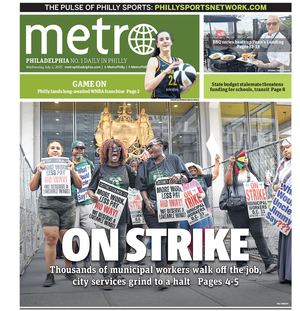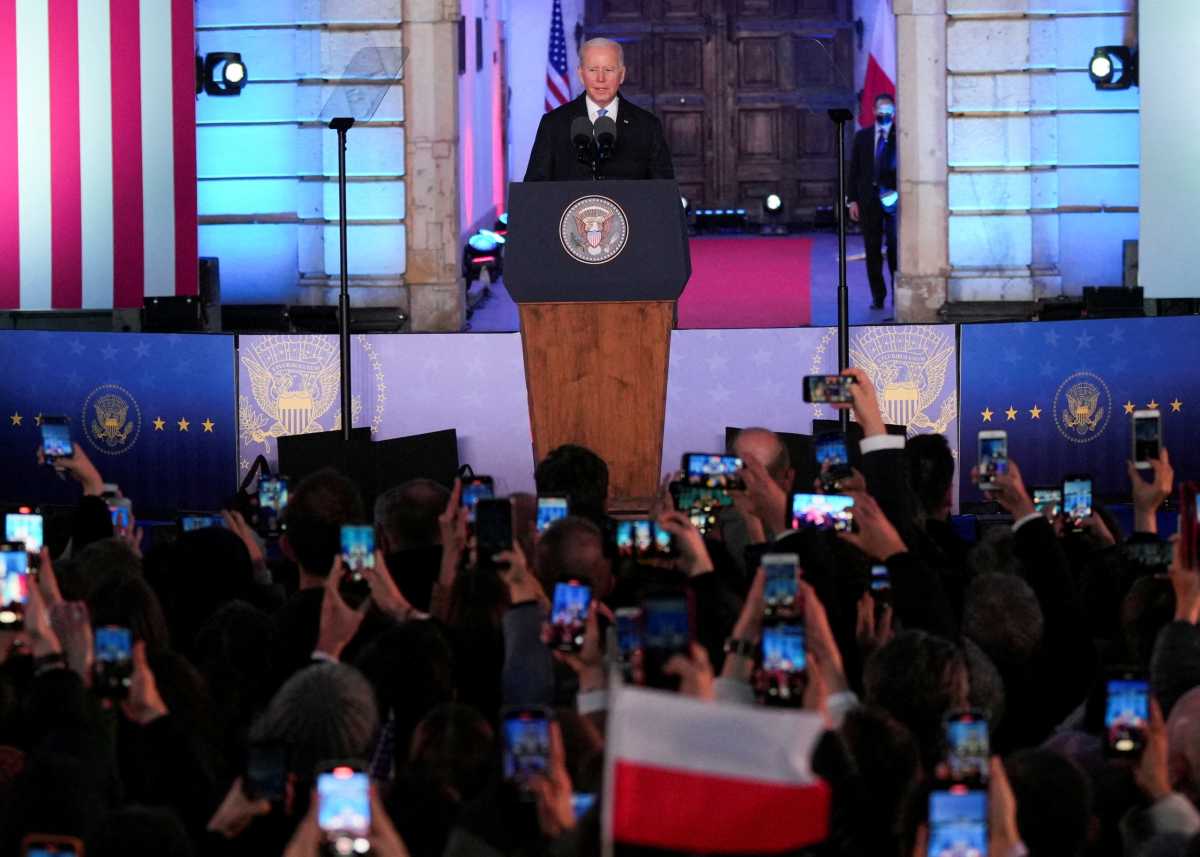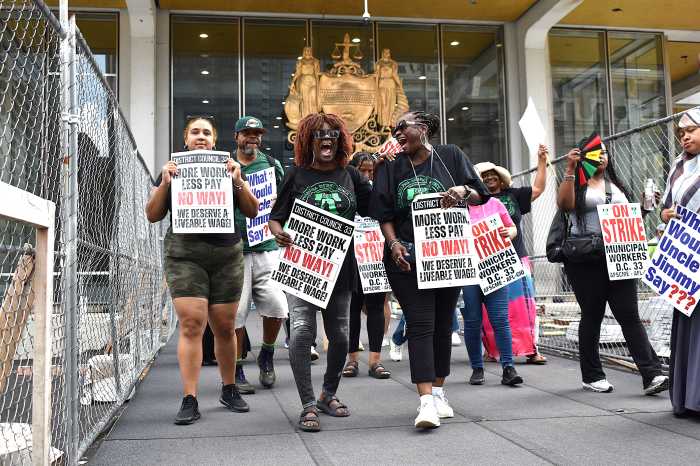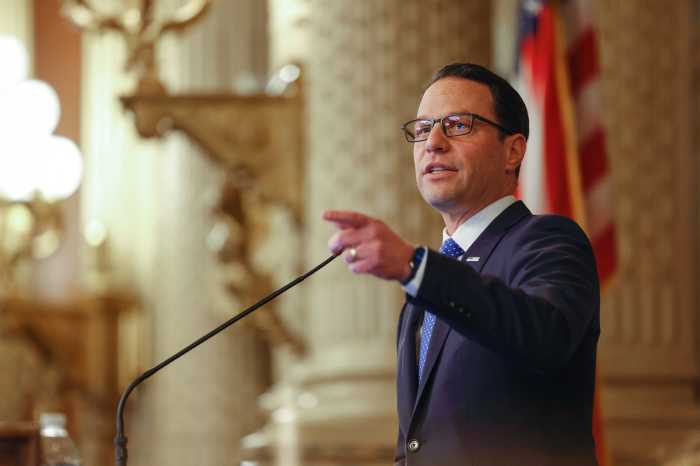By Phil Stewart, Brendan O’Brien and Humeyra Pamuk
Top American diplomats clarified on Sunday that the United States does not have a policy of regime change in Russia, as supporters and critics of President Joe Biden played down his declaration that Russian President Vladimir Putin “cannot remain in power.”
Biden’s comments in Poland on Saturday also included a statement calling Putin a “butcher” and appeared to be a sharp escalation of the U.S. approach to Moscow over its invasion of Ukraine.
Julianne Smith, the U.S. ambassador to NATO, sought to contextualize Biden’s remarks, saying they followed a day of speaking with Ukrainian refugees in Warsaw. Russia’s month-old invasion has driven a quarter of Ukraine’s population of 44 million from their homes.
“In the moment, I think that was a principled human reaction to the stories that he had heard that day,” Smith told CNN’s “State of the Union” program before adding: “The U.S. does not have a policy of regime change in Russia. Full stop.”
U.S. Secretary of State Antony Blinken told a news conference in Jerusalem that Biden was making the point that Putin couldn’t be empowered to wage war. But Blinken said any decision on Russia’s future leadership would be “up to the Russian people.”
Republicans flatly said Biden’s remarks amounted to an unfortunate blunder.
Senator James Risch, the top Republican on the U.S. Senate Foreign Relations Committee, called Biden’s remarks a “horrendous gaffe” and said he wished the president would have stayed on script.
“Most people who don’t deal in the lane of foreign relations don’t realize those nine words that he uttered would cause the kind of eruption that they did,” he told CNN.
“It’s going to cause a huge problem.”
Senator Rob Portman, who is also on the committee, lamented the public misstep in wartime.
“It plays into the hands of the Russian propagandists and plays into the hands of Vladimir Putin. So it was a mistake,” Portman told NBC’s “Meet the Press” program.
The United States has sought to strike a balance during the conflict in Ukraine to avoid a direct military confrontation with Russia, speeding weapons deliveries to Kyiv to help its military fight but ruling out sending troops into the country or imposing a no-fly zone.
That support has bolstered fiercer-than-expected Ukrainian resistance, and Russia has failed to seize any major Ukrainian city after more than four weeks of fighting.
Ukrainian President Volodymyr Zelenskiy urged the West to give Ukraine tanks, planes and missiles to help fend off Russian forces.
Ukraine’s military intelligence chief said Russia now hopes to split Ukraine into two, as happened with North and South Korea, vowing “total” guerrilla warfare to prevent a carve-up of the country.
Ukraine’s ambassador to the United States, Oksana Markarova, did not call for regime change in interviews on Sunday news programs in the United States, but did caution that it was hard to imagine Putin staying in power in a civilized world.
“It’s clear to us that Russia is a terrorist state led by a war criminal … And everyone should be brought to justice,” Markarova said.
“So I think it will be difficult to run a state from the Hague.”
Senator Cory Booker, one of Biden’s fellow Democrats and a member of the Senate Judiciary Committee, said on “Meet the Press” that although regime change was not the U.S. policy, he didn’t see Ukraine’s war ending well for Putin.
“I don’t see a real victory for him. His country is suffering extraordinarily. He is depleting critical resources from his own nation for this awful war. So I just don’t see how this ends well for him,” Booker said.
The conflict has killed thousands of people, sent nearly 3.8 million abroad and driven more than half of Ukraine’s children from their homes, according to the United Nations.
Moscow says the goals for what Putin calls a “special military operation” include demilitarizing and “denazifying” its neighbor. Ukraine and its Western allies call this a pretext for an unprovoked invasion.
Reuters


































